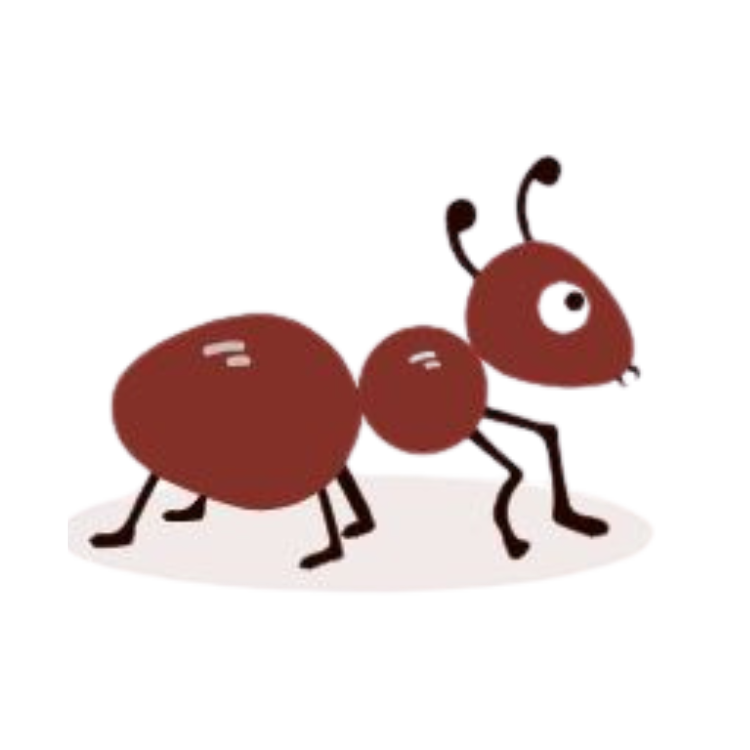10 / 24 / 2023
16:00 ~ 17:30
245, Building of Life Sciences
The whole school
Jennifer Graves: From epigenetics to genomics and back again -a woman's career in sex and science
Back to ListProfessor Jennifer Graves from La Trobe University, Australia, will showcase her original musical, "Origins of the Universe, of Life, of Species, of Humanity," on October 23 from 7:00 PM to 9:00 PM at the Graduate School Hall 107. Additionally, she will conduct a lecture titled "From epigenetics to genomics and back again 一a woman's career in sex and science" on October 24 at 4:00 PM in the Biology Building Lecture Hall 245.
Professor Jennifer Graves has dedicated her career to gender determination and sex chromosome evolution. With a total of 462 research papers published and an h-index of 86, she has mentored over 70 doctoral students and postdoctoral researchers. She has spearheaded multiple international mammalian genome research alliances. Professor Graves is a Fellow of the Australian Academy of Science, a Foreign Associate of the National Academy of Sciences in the United States, and has received numerous accolades including the L'Oréal-UNESCO Women in Science Award, Officer of the Order of Australia (AO), and the Prime Minister's Prize for Science (Australia's highest scientific honor).
Professor Jennifer Graves' lecture is titled "From epigenetics to genomics and back again 一a woman's career in sex and science." She'll discuss her research journey focused on gender determination and sex chromosome evolution, intertwined with her experiences as a female scientist in this field.
Abstract
I fell in love with sex chromosomes early in my 60-year career. They cause so many problems and break all the rules of evolution. I started on X chromosome inactivation, which equalizes gene dosage between XX women and XY men by epigenetic silencing of one X in women. This led to an interest in gene mapping and ultimately sequencing many werid Australian mammals to piece together how human sex chromosomes evolved from an ordinary pair of chromosomes, and how the Y chromosome determines sex. Now l work on sex determination in reptiles, some of which have no sex chromo-somes but determine sex using environmental cues - so now l am back studying epigenetic mechanisms that lizards share with mammalian X chromosome inactivation.
Many things have changed in the world of science since began my career, not the least the recognition that women should play a much greater part and take on leadership roles in science. have learned many lessons -- both personal and professional - about negotiating the hurdles and barriers that hold back women in science. My CY might look as if l were following a grand plan, but like many women in science, my career path has been up and down, dodging academic blockades, interweaving science with family joys and sorrows and taking in many outside interests (music is a big one). Many life decisions were complete accidents or unexpected opportunities. Now at 80 all my interests seem to be coming together - genetics and epigenetics, sex and evolution, even science and music.









